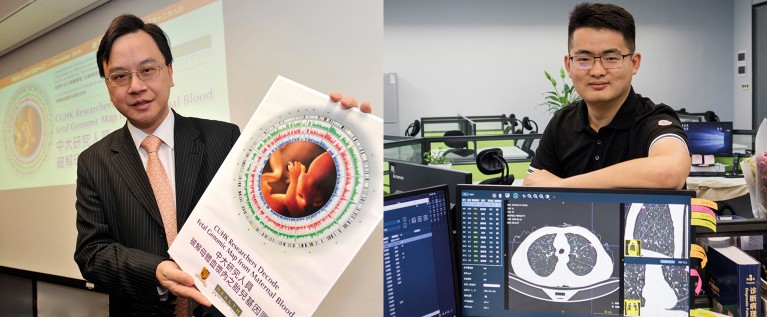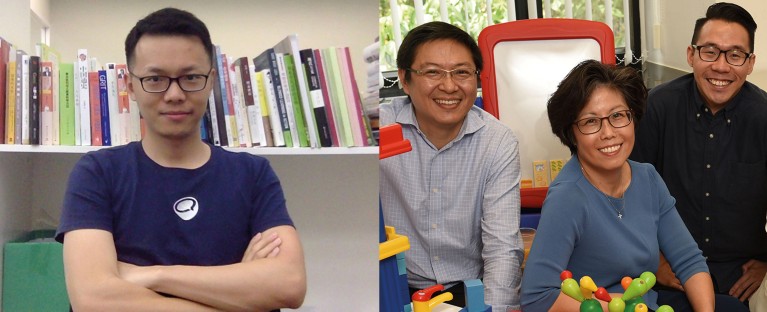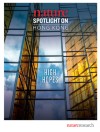With its research, The Chinese University of Hong Kong (CUHK) seeks to address the most pressing issues facing society. It was ranked 27th among Asia Pacific’s most innovative universities by Thomson Reuters in 2017, topping among Hong Kong universities for two consecutive years, and encourages academia-industry/community partnerships to facilitate knowledge transfer and research translation. By creating more opportunities for researchers to collaborate with industries globally, and with government and non-governmental sectors, CUHK creates knowledge that benefits society.

Dennis Lo (left) and Chen Hao
Bringing prenatal diagnosis technology to clinic
An example is the development of a prenatal diagnosis technology. CUHK’s Dennis Lo has demonstrated that it is possible to decode a foetus’s genome through maternal blood. This non-invasive technology allows prenatal testing for chromosomal disorders such as Down syndrome, and other genetic conditions. For this influential work, Lo was named in 2016 as a Thomson Reuters Citation Laureate for Chemistry, and won the Future Science Prize for Life Science, viewed by some as China’s ‘Nobel Prize’.
Lo has successfully promoted extensive use of his pioneering research by working closely with Illumina, an influential gene analysis company, and by founding his own companies. Extending beyond prenatal diagnosis, Lo is a scientific co-founder of GRAIL, a company aiming to develop blood tests for early detection of cancer to improve survival.

Tony Xin (far left) and Gladys Tang (centre, right)
Spin-offs in Greater Bay area
Against the backdrop of the rapid development of China’s Greater Bay area, CUHK has recently set up an InnoHub in Shenzhen, the first of its kind established by Hong Kong institutions, to expand its entrepreneurial ecosystems. The InnoHub supports CUHK students and graduates entering the Chinese business market, while providing workspace, facilities, mentorship, and other services to entrepreneurs and start-ups to accelerate their growth.
For instance, Imsight Medical Tech, voted in 2017 as one of China’s top 50 AI companies, was co-founded in 2016 by a CUHK PhD graduate, Chen Hao, and his advisor Pheng-Ann Heng. It focuses on medical imaging analysis and large-scale platforms for automated processing of medical images. Its first product has been used by around 100 hospitals in mainland China. The company is growing rapidly, with offices in Hong Kong, Shenzhen, Chengdu and Beijing.
CocoRobo, another company founded by CUHK PhD graduate, Tony Xin, is an education technology company that provides one-stop solution for STEAM (Science, Technology, Engineer, Arts and Mathematics) education. Its customers include several of the most prestigious schools in Hong Kong and mainland China. “We will play an important role in leading Greater China’s education transition to fit the incoming intelligent era,” says Xin.
Social innovation
In 2016, with funding support from CUHK’s Sustainable Knowledge Transfer Project Fund, Gladys Tang from the Department of Linguistics and Modern Languages founded an independent non-profit charitable organization, Sign Bilingualism and Co-enrolment in Deaf Education Community Resources (SLCO-CR), to provide community services and social ventures based on linguistics research and empirical evidence from frontline services.
The vision of SLCO-CR is to create a diversified community without communication barriers, by promoting sign bilingualism in communication, education and social inclusion.CUHK has also formed research partnerships with numerous multi-national companies, including Huawei Technologies, Microsoft and Roche for research innovation.


 Spotlight on Hong Kong
Spotlight on Hong Kong